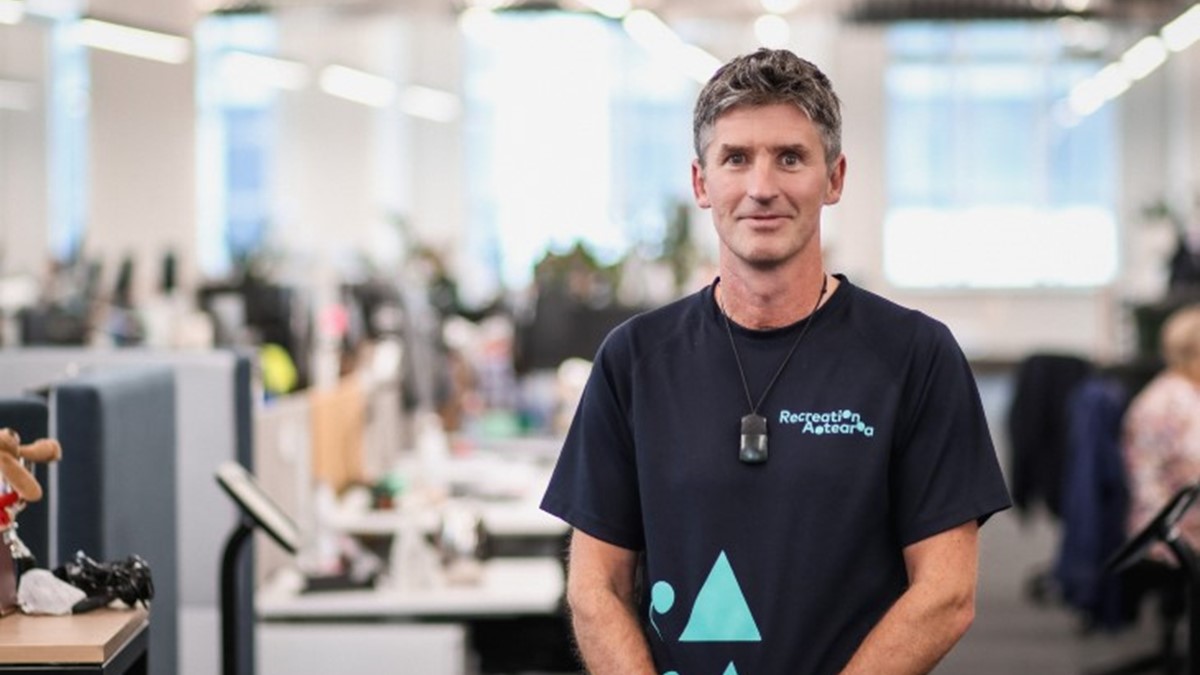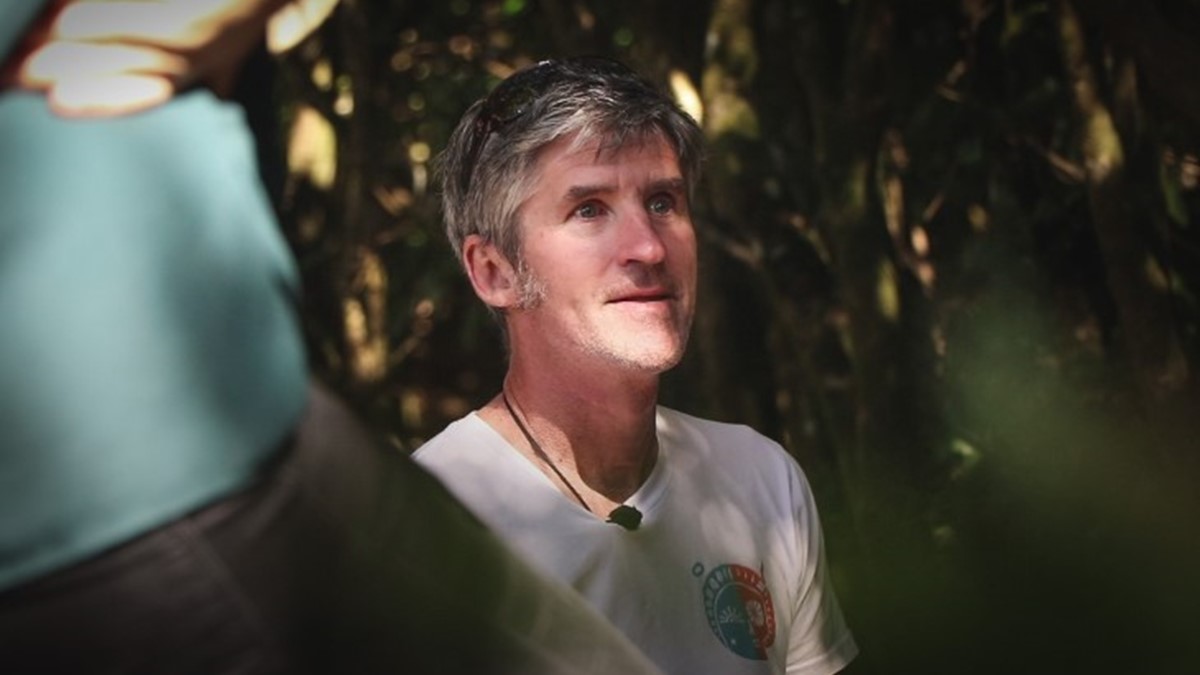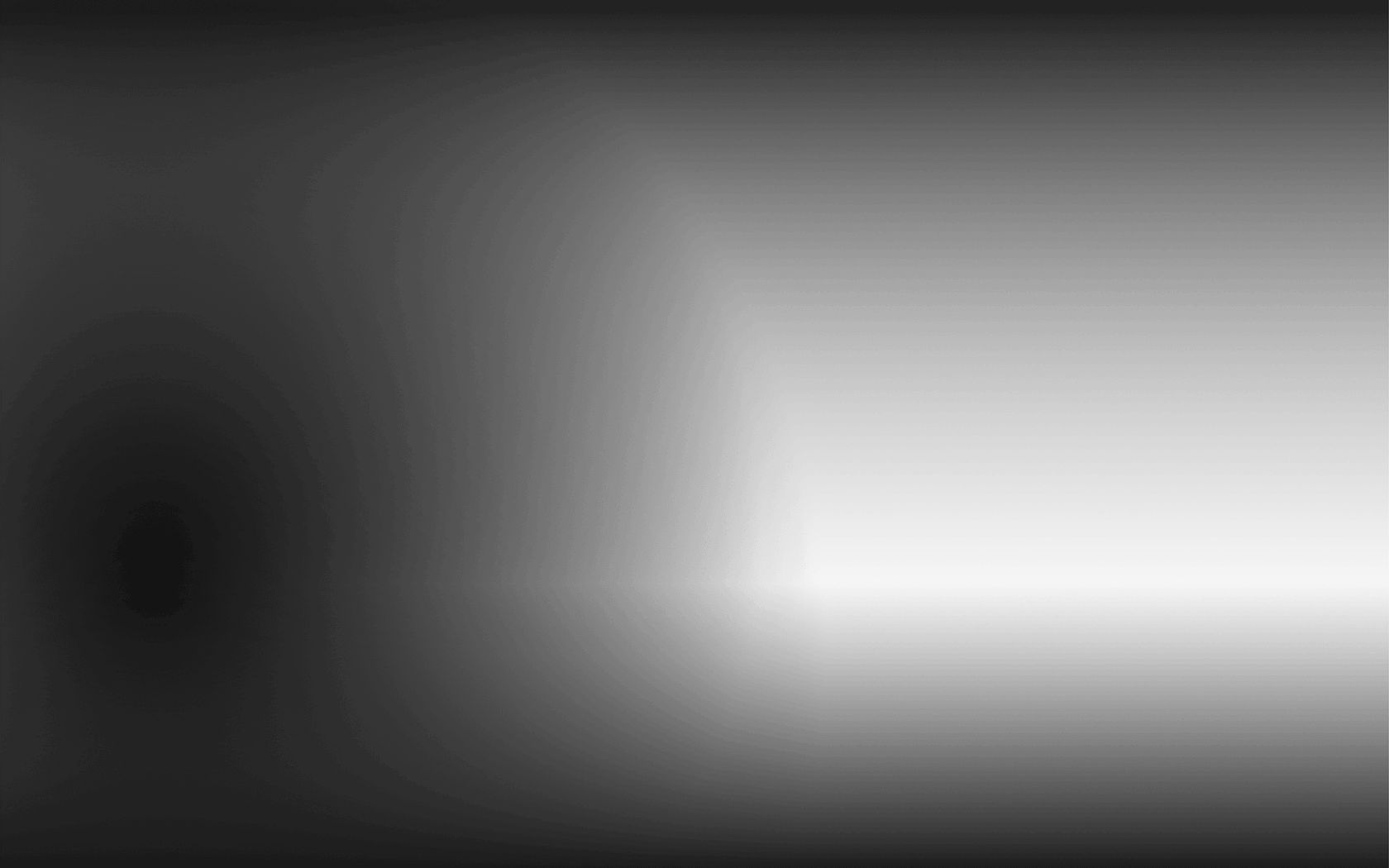A quick decision, a bit of bravado, and Andrew Leslie's life changed forever.
"As my head hit the ground, l knew instantly I was in trouble. My body went completely numb. I was paralysed instantly."
In March 2020 he dropped his daughter off at a mountain biking class and rode his own bike into Wellington's Mākara Peak mountain bike park.
He remembers what happened next very clearly: the fork in the track, flying over the handlebars, the rescue helicopter.
Andrew had damaged two vertebrae in his neck. "I couldn't feel myself on the track, so I knew I was in trouble."
It only takes a moment
During the following weeks he had plenty of time to go over what happened.
"With these types of activities, given the speed with which you're moving, you have to make split-second decisions.
"There was a fork in the track just before the drop off. If you went left, it's a simple bailout option...if you go right, you go over the drop off.
"And in that split-second, I instinctively went right because I'd been off that drop off before. Unfortunately, my skills weren't up to it at that very moment. Maybe if I had, in that approach to that fork, given it a bit more consideration around how I'm feeling in this moment..." he says.
"There's no shame in taking [the] bailout option."

Going over the handlebars
It's estimated that around 90% of injuries are preventable. Sometimes injuries happen because we're tired, in a rush, or not concentrating. Sometimes it's because we don't have the right tools for the job, or we think our skills are up to it when, perhaps in that moment, they aren't.
By reflecting for just a second, we're more likely to stay right-side up.
Andrew reflects on the moment he went over the handlebars. Lying paralysed on the ground, he had enough awareness to shout a warning to the rider behind him to avoid landing on him. That rider and others helped Andrew and called 111.
"I remember the helicopter buzzing overhead and being winched up. And the rotor, and the noise and the wind through my hair as I went up to the helicopter. It is very scary to think back on."
He was flown straight to Christchurch and had surgery 10 hours after the injury. After a week in an induced coma, Andrew woke to find New Zealand in COVID-19 lockdown Level 4.
"When I woke up the world had changed and my life had changed as well," he says from his home in Wellington, where he's the CEO of Recreation Aotearoa, an industry body for recreation professionals.
"It took a while for it to really become clear to me how much it was going to change for me and my family, and how difficult it was for my family to really get a sense of what it was going to mean for day-to-day life, given they were living in this surreal environment of a lockdown as well."
“My injury, without a doubt, had a big impact on a lot of people... my family and friends, they've actually gone through a journey as well.”
Andrew went through four months of rehabilitation at Burwood Hospital, Christchurch. To motivate himself, he pictured not only walking confidently out of hospital, but also walking the hilly streets and tracks of Wellington.
Doctors had told his family to be prepared for him to use a wheelchair for the rest of his life. But recently he walked – slowly and carefully - up the steep slope of Mt Kaukau, the most visible highpoint in the Wellington landscape.
The injury has changed not just his physical condition – medically, he's classified as a tetraplegic - but the lives of those around him too.
"My injury, without a doubt, had a big impact on a lot of people. Clearly, I'm going through a journey, but for my family and my friends, they've actually gone through a journey as well.
"From seeing me in the state I was in, in ICU, which would have been really scary for them, and wondering what life was going to be like for me, to then seeing me not be able to do the things I used to be able to do. [That] would have been really hard for them."
For his colleagues, "they didn't really know what was going on at all".
"It was that lack of information that was really hard for them, and they, equally, were concerned about what it meant for me and my job. Was I even going to be able to get back to work?"

Getting back to work 'good for my brain'
Part of ACC's support was to help Andrew achieve his goal of returning to work.
"I knew that it would be good for my brain, and I enjoy my work. Each fortnight I did slightly more hours and monitored my fatigue. We just took it as it came, with the goal that every two weeks I’d do a little bit more and a little bit more.
"But the big thing to manage was that the fatigue wasn't wiping me out so that I wouldn't be able to work the next day or be able to do the things I need to do with my family.”
ACC also helped with housing modifications such as putting in handrails at his home, orthotics (for walking), psychological support, transport support, nursing and home care assistance, and weekly compensation.
Andrew is now determined to make recreation more accessible for all New Zealanders.
"There's no point looking back on what I used to be able to do prior to my accident. I want to be focussed on what I can do and what I can still achieve here as well.”
We'd like to sincerely thank Andrew for sharing his story with us.
ACC helps over 2 million New Zealanders a year recover from injury. And we invest in injury prevention programmes to help people stay safe.


